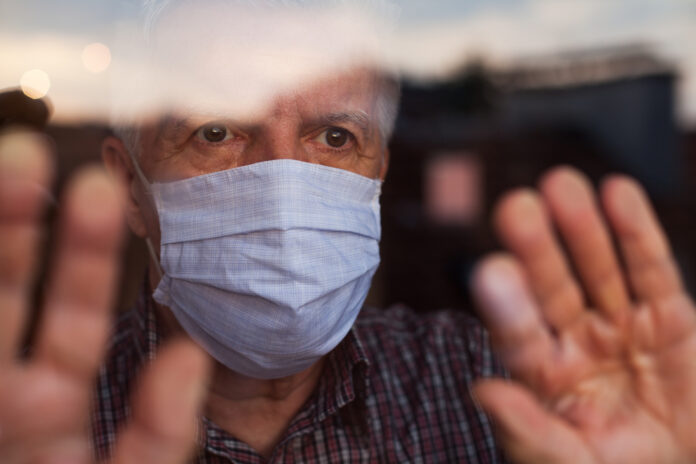
For years, experts have studied the effects of trauma on a variety of individuals, from soldiers to social workers. The term Post Traumatic Stress Disorder, or PTSD, is something many of us have heard. We or someone we know may even carry a diagnosis of PTSD. Within the realm of mental health issues, the term Stress Syndrome is used as well, not quite rising to the same level as PTSD.
Now, as we navigate life post-COVID-19, experts are noting the emergence of COVID Stress Syndrome. There are some that fall short of using COVID-PTSD, claiming it does not meet the criteria for PTSD. Still, everyone seems to agree the nation’s increased mental health issues garner a closer look.
What Is COVID Stress Syndrome?
Over the last year and a half, many of us have lost loved ones, been separated from friends and family, or struggled with a positive COVID-19 test. These situations have increased stress, anxiety, and fear. If these were issues you were already struggling with, the impact of these feelings only increased.
Add the stress of losing a job due to the pandemic, concerns about your child’s schooling, or the unfortunate task of taking on more if you were a front-line worker, and it’s no wonder stress levels have increased dramatically. It doesn’t matter who you are. The impact of COVID-19 has touched all of us in one way or another. Additionally, the continued concern about new variants and not knowing when the world around you might shut down again is a constant for many.
COVID Stress Syndrome: Five Components
The Anxiety and Depression Association of America has targeted five components related to COVID Stress Syndrome. These include the following:
- Fears related to contamination
- Financial concerns
- Dislike or prejudice of people from other countries
- Increased need for new information regarding COVID (almost compulsive)
- Traumatic stress (not sleeping, eating, etc.)
According to the group, people with COVID Stress Syndrome are more likely to engage in panic buying and avoid going out. This results in an increased desire to isolate oneself. This isolation, coupled with increasing fears, can exacerbate anxiety and depression that already exists or create new issues.
Those suffering from COVID Stress Syndrome may find it difficult to focus, have emotional outbursts, or be struggling with new or continued substance use issues. If you find yourself struggling, it might be wise to speak with your physician about your concerns.
Risk Factors of COVID Stress Syndrome
The risk factors are simple and wide-sweeping. If you are a front-line worker, live alone, have close ties with someone continuing to suffer from COVID-19 effects, or are a surviving member, you are at risk for COVID-19 stress disorder. You might look at that list and think that it encompasses virtually everyone. You might not be far off.
According to the National Alliance on Mental Illness, data showed that one in five Americans suffered from a mental illness prior to the pandemic. That data now shows that two in five Americans suffer from a mental illness, and that number is thought to be low. Experts believe this number will continue to rise as we work through the new normal of our day-to-day lives.
Summary
As we continue to navigate our lives with COVID in it, it’s more important than ever to check on our loved ones and friends. With anxiety and depression on the rise, our mental health needs require care and attention. Take the extra step to show you care as we all try to heal together.
https://nami.org/Support-Education/NAMI-HelpLine/COVID-19-Information-and-Resources
https://medicine.yale.edu/news-article/covid-19-and-ptsd-assessing-the-pandemics-toll-on-mental-health/
https://adaa.org/learn-from-us/from-the-experts/blog-posts/consumer/covid-stress-syndrome-5-ways-pandemic-affecting


















